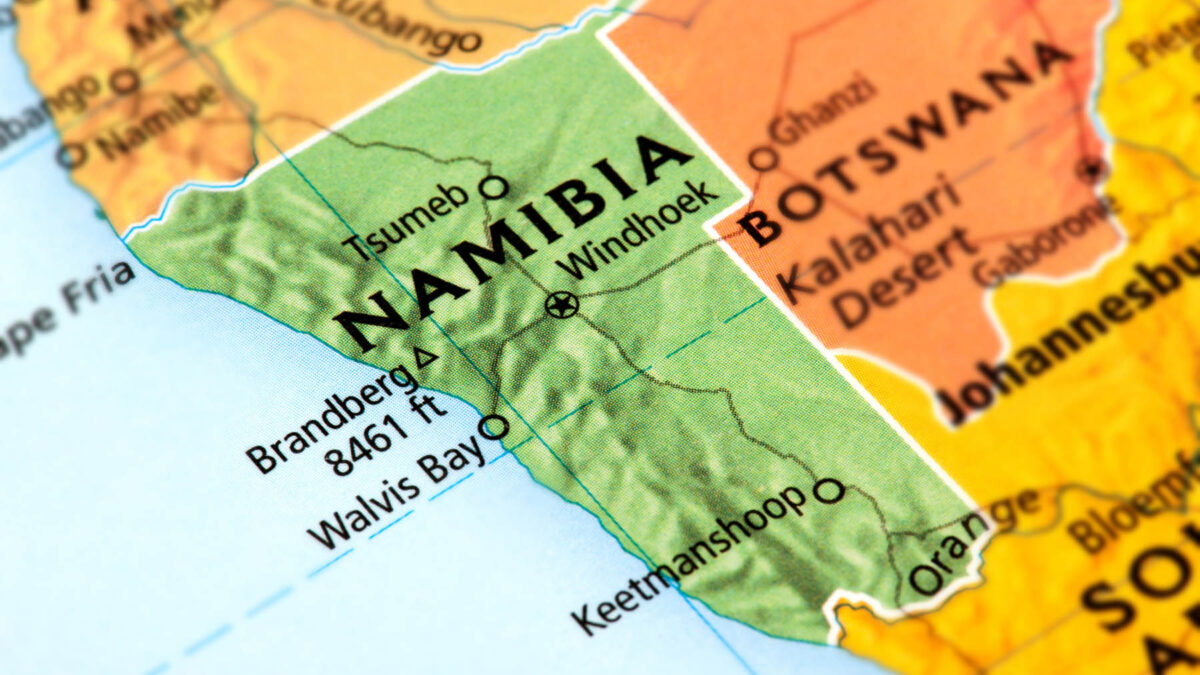In a landmark ruling, Namibia’s Supreme Court dictated Tuesday, May 16, that the government must recognize same-sex marriages contracted abroad between Namibian citizens and their non-citizen spouses. Notably, the nation has yet to codify protections for legally recognizing same-sex marriages taking place within the country’s borders and between two Namibian citizens.
As reported by the Washington Blade, the court emphasized that “the rights to dignity and equality are interconnected, and the denial of recognition for same-sex marriages undermines these fundamental principles.” Only one out of five judges stood in opposition to the ruling.
Tuesday’s decision overturns a ruling from last year that denied legal protections to same-sex couples. The ruling also stands in contradiction to rarely enforced, but still existent, anti-gay laws dating back as early as 1927, when Namibian land was colonized under South African rule. It is worth noting the irony of the fact that South Africa, now under liberal post-apartheid governance, is the only African country to legally recognize same-sex marriage. Marriage equality for same-sex couples has been enshrined under South African law since 2006.
Breaking: Supreme Court of Namibia recognizes same-sex marriages concluded in foreign jurisdictions. #LoveWins 🏳️🌈🇳🇦🏳️⚧️ pic.twitter.com/MN7QEjhnaX
— Namibia Equal Rights Movement (@EqualNamibia) May 16, 2023
The joint cases leading to this decision were brought before the high court in March, with the support of several LGBTQ+ activists and equal rights organizations, by two couples: South African national Daniel Digashu, who is married to Namibian citizen Johann Potgieter, and German national Anita Seiler-Lilles, who is married to Namibian citizen Anette Seiler. Their aim was to access essential spousal immigration rights, including permanent residence and employment authorization.
All four plaintiffs express relief at the decision and the hope it brings for LGBTQ+ rights in Namibia. “We are married and we promised each other that we will stay together no matter what and that promise we’ve upheld through this fight for this recognition of our marriage,” Seiler says.
Both couples see this as a turning point in the fight for marriage equality, as well as an assurance of the security of their ability to stay physically together as spouses. “I cannot explain just how relieved I am that we won’t have to make plans to leave,” Digashu says. “Now we can stop for a moment and breathe, and take things easy and just know that we are home and there is no potential of being forced to leave.”
Stay updated on marriage equality news by joining our mailing list and following us on Instagram and TikTok.
Wanna chat about this news? Drop a comment below or join us in our private Facebook group.
Featured image by Omer Sukrugoksu






























